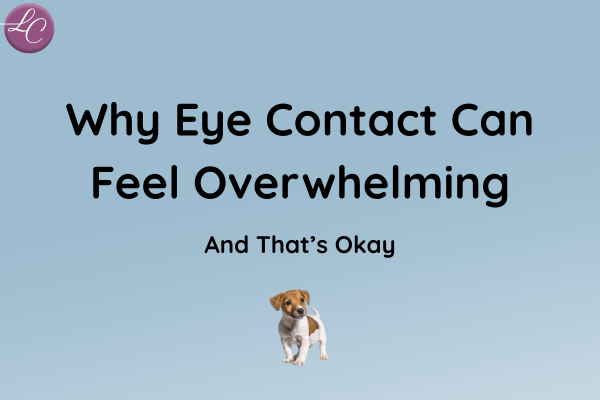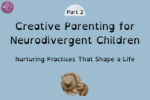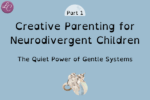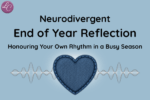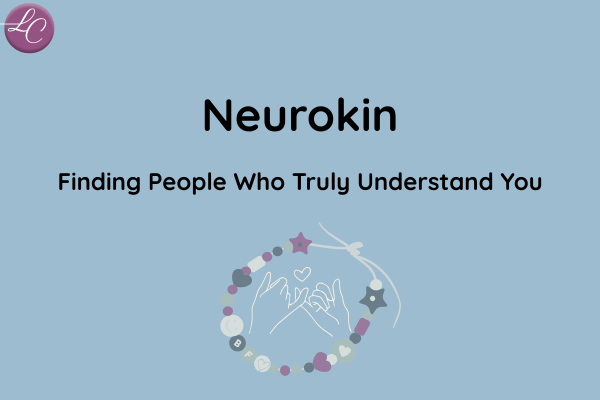
Neurokin: Finding People Who Truly Understand You
Neurokin: Finding People Who Truly Understand You
The Search for Belonging
Have you ever been surrounded by people yet felt completely unseen? The room hums with chatter, glasses clink, and laughter ripples through the air — yet you feel like a ghost, watching life happen around you but not quite part of it.
Loneliness isn’t always about being alone; sometimes, it’s about being misunderstood.
For many neurodivergent people, this is an everyday experience. We mask who we are, replay conversations in our heads, and wonder if we’ve said too much, too little, or something strange. We ache for connection yet feel exhausted by the effort it takes to fit in.
But then — you meet someone who does get you.
Someone who senses the world in a way that feels familiar. Someone who doesn’t need an explanation for your quirks, sensitivities, or deep passions. With them, your nervous system exhales.
That person is part of your neurokin.
What Is Neurokin?
Neurokin are people who resonate with the way your neurodivergent brain works.
They don’t just tolerate your differences — they recognise, appreciate and value them.
Conversations feel natural, silences feel safe, and even your nervous system relaxes because you’re not on high alert, trying to fit in.
When you find neurokin, there’s a shift. The weight of “otherness” starts to lift, replaced by a quiet sense of belonging.
Why Finding Neurokin Matters
Living without neurokin can feel like being permanently on the outside looking in. You might question your worth, wonder if you’re “too much,” or retreat into isolation to avoid judgment.
But connecting with neurokin changes everything.
- Psychologically, it validates your experience and helps you feel seen.
- Emotionally, it nourishes you, creating a sense of ease and safety.
- Socially, it allows you to drop the mask and simply be yourself.
Even one connection with a neurokin can transform how you move through the world — making life feel lighter, less lonely, and far more authentic.
How to Find Your Neurokin
Finding neurokin isn’t about meeting lots of people — it’s about finding the right ones. Look for communities where you feel accepted and understood, such as:
- Groups built around neurodivergence. (Like my free group – Different… and Loving It!)
- Spaces centred on shared interests and passions.
- Workshops, events, or online forums that encourage open, respectful conversation.
Notice who makes you feel safe, seen, and comfortable in your own skin — those are the connections worth nurturing.
Nurturing Neurokin Connections
Shared understanding is powerful, but every relationship still needs boundaries, empathy, and care.
Nurture your neurokin connections with kindness and honesty.
When you do, you create a small but meaningful sanctuary where belonging comes naturally.
Watch the Video: What Is Neurokin?
For more on the concept of neurokin and why it matters so deeply for neurodivergent people, watch my video:
Final Thoughts
Finding your neurokin is not just about connection — it’s about thriving. It’s about finally feeling understood, valued, and at home in your own skin. You don’t have to navigate life alone.
-
Looking for support in finding your neurokin and embracing your unique self?
- Book a Meet & Greet
- Or reach out via my Contact Page
- Or come and join my free community, Different… and Loving It!

